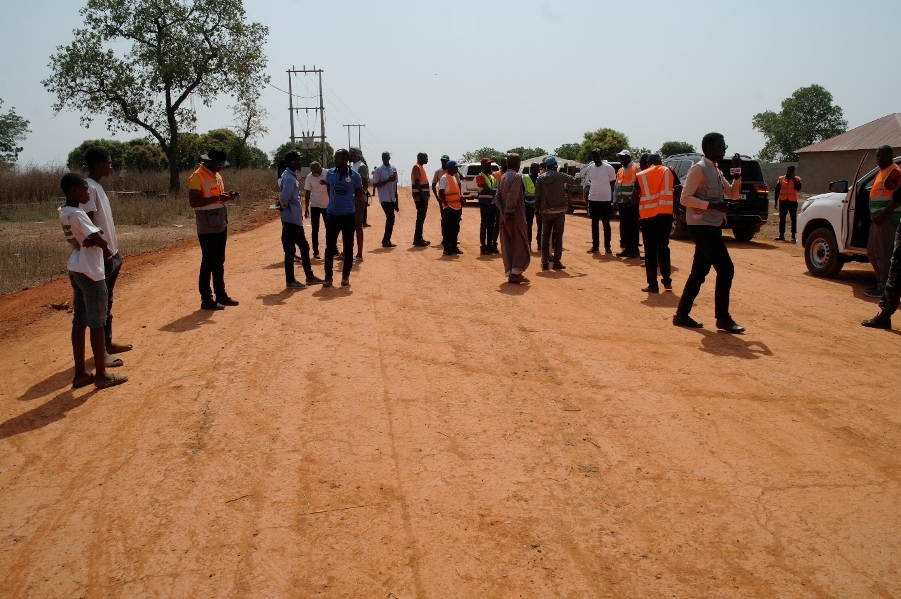Gambian Minister of Foreign Affairs Dr. Mamadou Tangara said on Tuesday achieving peace, security and addressing humanitarian and development challenges in the Sahel remained a pertinent issue for the country.
“The Gambia remains strongly committed to peace, security and development in the Central Sahel and the whole Sahel, in general.”
He made the statement here during a virtual ministerial conference roundtable organized by Central Sahel.
“The whole question of achieving peace, security and addressing humanitarian and development challenges in the Sahel remains a pertinent issue for The Gambia. The Gambia remains strongly committed to peace, security and development in the Central Sahel and the whole Sahel, in general.
“The Central Sahel continues to face mounting insecurity, severe climate change conditions, food crisis, growing IDP population of 1.6million and now the socio-economic, health and humanitarian impacts of COVID-19. The effects of these combined factors are leaving the sub-region of Central Sahel with a population of 13.4m people in urgent need of humanitarian assistance,” he said.
He added: “Consequently, as a way forward, my delegation is calling for the formulation of smarter and sustainable measures to address the challenges faced by the countries in the Central Sahel with a view to assisting them in restoring the trust and confidence of the ordinary people in the various interventions while addressing their needs.”
Tanagara pointed out that, in this regard, addressing funding gaps of humanitarian organisations, including issues relating to governance and access to resources, youth unemployment and most importantly recognising the linkages between peace, security, human rights and development in the region, will go a long way to stabilise the Central Sahel.
“The question of fulfilling international commitments in addressing development gaps and creating opportunities for the people should remain a central pillar in our search for stability in the region.
“Furthermore, to ensure effectiveness and efficiency of the interventions in the Central Sahel sub-region, the international community must ensure that sustained political and peacebuilding processes are pursued to address the root causes of conflict through active, inclusive and cohesive political dialogue in order to build the foundations for sustainable peace and conflict resolution in the sub-region,” he said.
He further said the importance of supporting national governments and institutions to take charge of the security and development programmes and projects of their countries was very crucial.
“Wide consultations and creating appropriate conditions for national and local ownership of the processes would remain very important.
“My delegation is also of the strong opinion that, increased international solidarity, partnership, cooperation, while ensuring complementarity and coherence in approaches within the international community and on the ground, will remain key ingredients for achieving success in the Central Sahel,” he pointed out.
He emphasized the primacy of the UN’s coordinating role, and encouraged partners for increased collaboration and partnership with the African Union and ECOWAS who, to a large extent, would have a better understanding of the local context.





